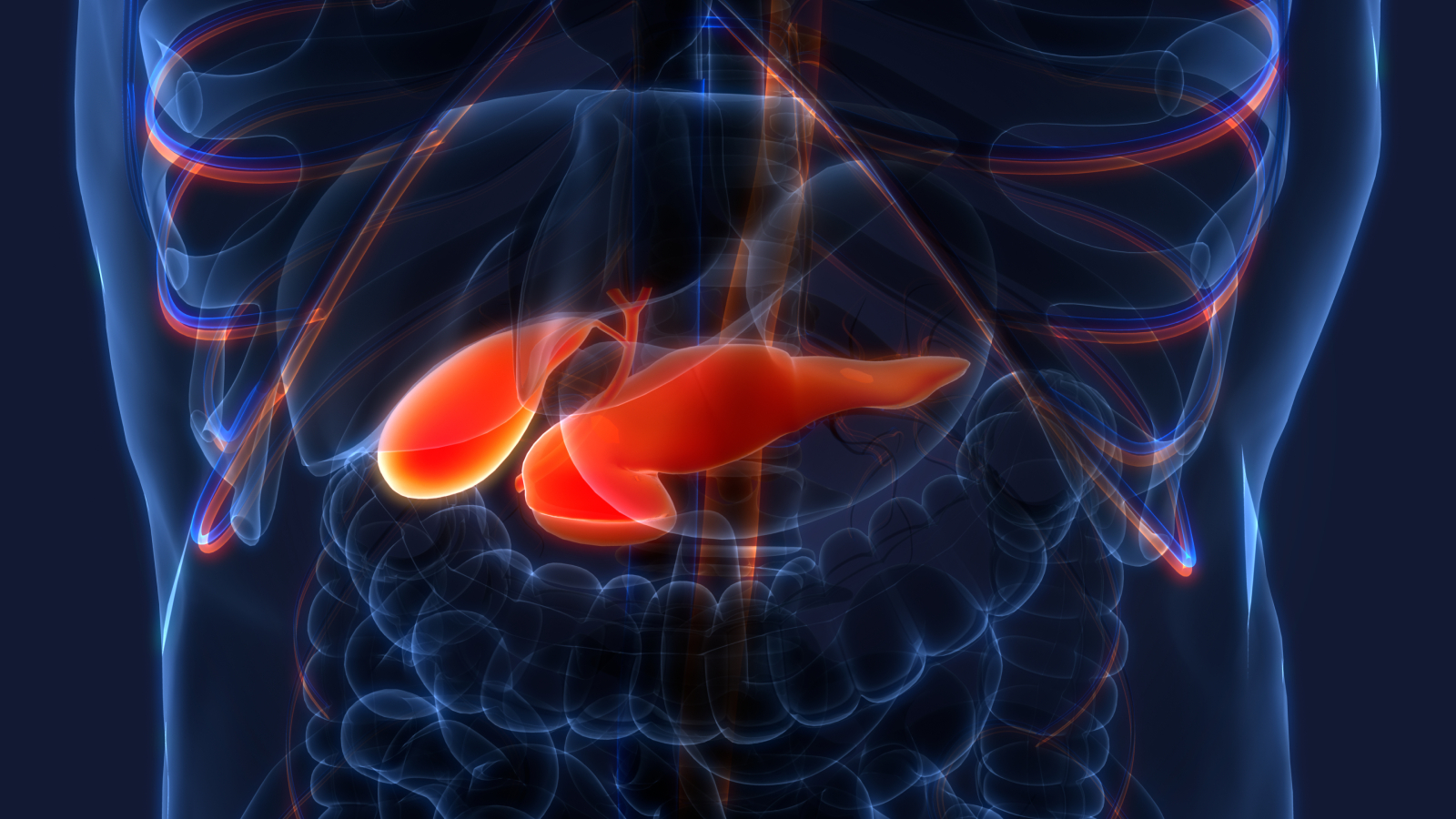By Aran Sullivan
THE IDEA
Kathleen DelGiorno, assistant professor of cell and developmental biology, her lab and collaborators at the Salk Institute have discovered some of the specific signaling molecules involved in tumor progression in pancreatic cancer. These molecules, called eicosanoids, play a role in inflammation and are known to have a role in cancer. According to DelGiorno, that role had not been completely evaluated in pancreatic tumors—until now.

DelGiorno and her colleagues, including Vikas Gubbala, the paper’s first author and lab technician at the Salk Institute, used advanced basic science technologies, including mass spectrometry—technology to measure the weight and charge of molecules—RNA sequencing and tissue study techniques called histopathology. The combination of these techniques helped them identify which eicosanoids are relevant to disease progression in pancreatic cancer and which cell types produce these signals. Collectively, these data provide a road map for what pathways to target and may help identify new diagnostic strategies.
WHY IT MATTERS
In cancers with a low five-year survival rate like pancreatic cancer, discovering early signs of tumor formation and progression can be critical in developing new therapies to treat them.
Pancreatic cancer is the third leading cause of cancer deaths in the U.S. and is on its way to becoming the second, DelGiorno said. “This is largely due to how late we are currently able to diagnose pancreatic cancers, as well as the unique microenvironment with pancreatic tumors that lead to treatment resistance.”
“Cellular crosstalk within the tumor microenvironment can significantly alter tumor progression,” she added. The eicosanoid signaling molecules that she helped discover can tell researchers a lot about how that crosstalk happens, which may lead to discoveries about the difference between the early and late stages of pancreatic tumor development.
WHAT’S NEXT
In the short term, DelGiorno hopes to learn more about how the specific eicosanoids play into pancreatic cancer progression. This can lead to discoveries that allow for drug targeting of those mechanisms to treat pancreatic cancer.
FUNDING
The DelGiorno lab was supported by the National Institutes of Health, a Vanderbilt Ingram Cancer Center Support Grant, a Vanderbilt Digestive Disease Research Center Pilot and Feasibility Grant, an American Gastroenterological Association Research Scholar Award, the Sky Foundation and Linda’s Hope in Nashville, Tennessee.
GO DEEPER
The study, “Eicosanoids in the pancreatic tumor microenvironment—a multicellular, multifaceted progression,” was published in Gastro Hep Advances open access on Feb. 15.
